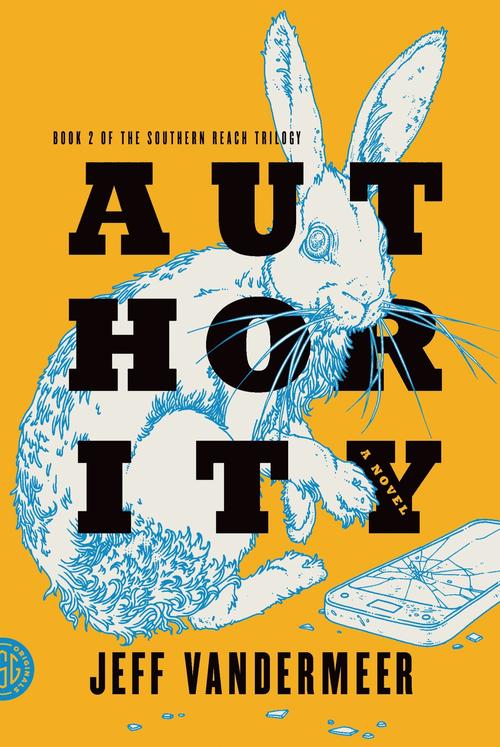A 2020 LOCUS AWARD FINALIST
Jeff VanderMeer's Dead Astronauts presents a City with no name of its own where, in the shadow of the all-powerful Company, lives human and otherwise converge in terrifying and miraculous ways. At stake: the fate of the future, the fate of Earth—all the Earths.
A messianic blue fox who slips through warrens of time and space on a mysterious mission. A homeless woman haunted by a demon who finds the key to all things in a strange journal. A giant leviathan of a fish, centuries old, who hides a secret, remembering a past that may not be its own. Three ragtag rebels waging an endless war for the fate of the world against an all-powerful corporation. A raving madman who wanders the desert lost in the past, haunted by his own creation: an invisible monster whose name he has forgotten and whose purpose remains hidden.
Hardcover, MCD × FSG, 2019
read an excerptHardcover, MCD × FSG, 2019
read an excerptAn excerpt from Dead Astronauts
Chen liked to play the piano and to down a hearty meal with a beer. Meals because he spent prodigious energy keeping his form. The piano because it made him remember to be careful—how watchful he must be of his own thick fingers. Or this is what he said, “It makes me limber-er,” when mostly it was a link to his history. Or what had been implanted in him as history.
There had been little enough of either lately.
Pianos and hearty meals. He must take his sustenance from the molecules of the air with which he often felt interchangeable, and he compared notes with Moss, because their moves through fluid states were similar, even if his was a kind of fight against evaporation or ejection and hers an overabundance of accretion, a building up. Flesh was quantum. Flesh was contaminated, body and mind. Chen dealt in probabilities on one side of his brain and impossibilities on the other. Because the probability was always that he would disintegrate into his constituent parts sooner rather than later. He had come to think of himself as a complex equation and a symphony both, and, really, what was the difference?
The equation of the Company eluded Chen, perhaps because he had been lost within it once upon a time. Or as he said sometimes, the system abhors source, makes its mapping into a maze, a mockery, and the more you think you understand it, the more you are colonized by it. And lost. As they walked, suspicious of the shadows within every husked building:
“It was never real.”
“It was real.” Chen or Moss, it didn’t matter.
“Not real in the sense of lasting.”
“Nothing is real, then.”
“Real enough.”
Real enough was the anchor that kept them from falling apart. Through all the versions.












